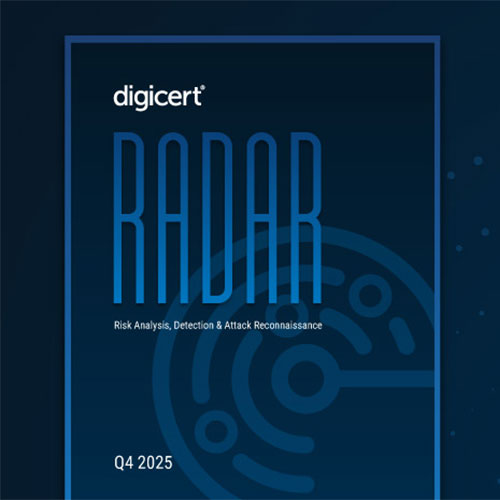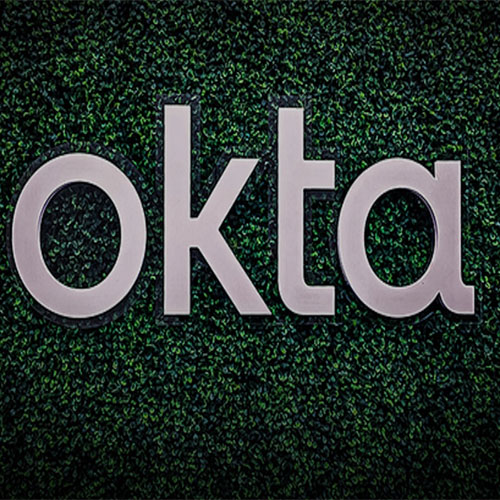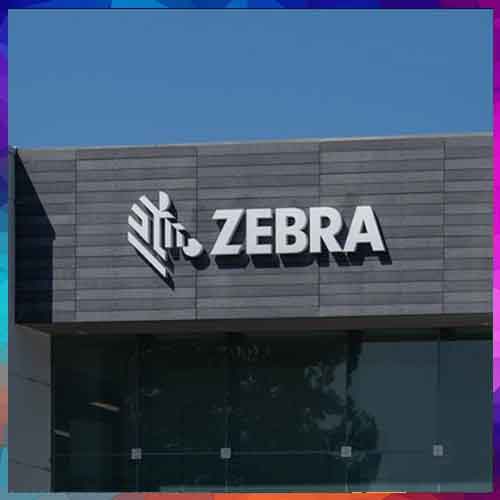
Meta’s 2025 overhaul of its content moderation policies, including the removal of third-party fact-checking and loosening of speech restrictions, was shaped by intertwined political, cultural, and economic pressures.
Central to this pivot was mounting influence from the incoming Trump administration, which criticized Meta for alleged censorship of conservative voices.
In response, Meta realigned its approach to avoid regulatory threats, drawing a strategic parallel to ancient Greek city-states using cultural displays to maintain political favour through the wheel economy.
Internally, Meta underwent significant leadership changes, most notably the elevation of Joel Kaplan and the elimination of diversity, equity, and inclusion initiatives.
These shifts signalled a conservative recalibration, aligning with broader cultural demands for fewer restrictions on political expression.
This repositioning reflects a broader ideological adjustment rather than an isolated corporate decision.
User dissatisfaction also played a critical role. Accusations of political bias in content moderation led Meta to introduce a Community Notes-style system, designed to decentralize judgment and reduce dependency on traditional fact-checkers.
This model seeks to boost user engagement while cutting operational expenses, mirroring how Greek artisans optimized resources for greater societal reach.
Operational challenges further influenced the shift. Meta's automated moderation tools were costly and frequently inaccurate, particularly in non-English contexts, prompting a reassessment of resource allocation.
Streamlining moderation efforts aligns with Meta's broader push toward profitability and efficiency.
Globally, tensions intensified as Meta’s U.S.-focused approach clashed with stricter European Union regulations under the Digital Services Act.
While the company embraced de-regulation domestically, it maintained tighter content controls abroad to comply with legal requirements, illustrating the complex balancing act facing multinational platforms.
Meta’s transformation evokes ancient Greece’s cultural economy, where trade and art dissemination shaped identities.
Similarly, Meta’s platforms function as contemporary agoras, disseminating ideas at massive scale but risking societal harm if left unchecked.
In light of these concerns, Meta’s Oversight Board issued a strong warning, urging a more cautious, accountable approach to safeguard against misinformation, hate speech, and potential human rights abuses worldwide.
See What’s Next in Tech With the Fast Forward Newsletter
Tweets From @varindiamag
Nothing to see here - yet
When they Tweet, their Tweets will show up here.





























